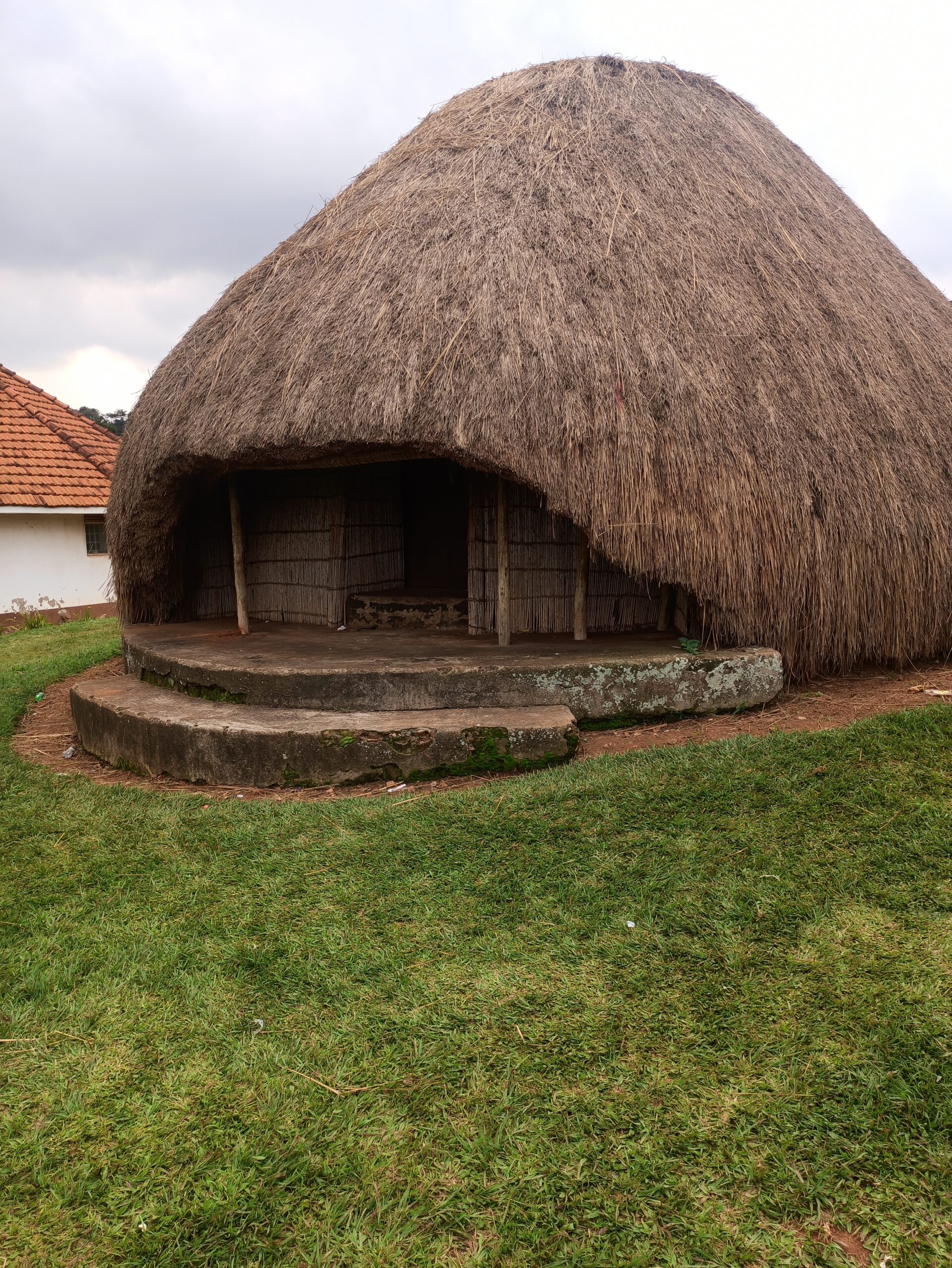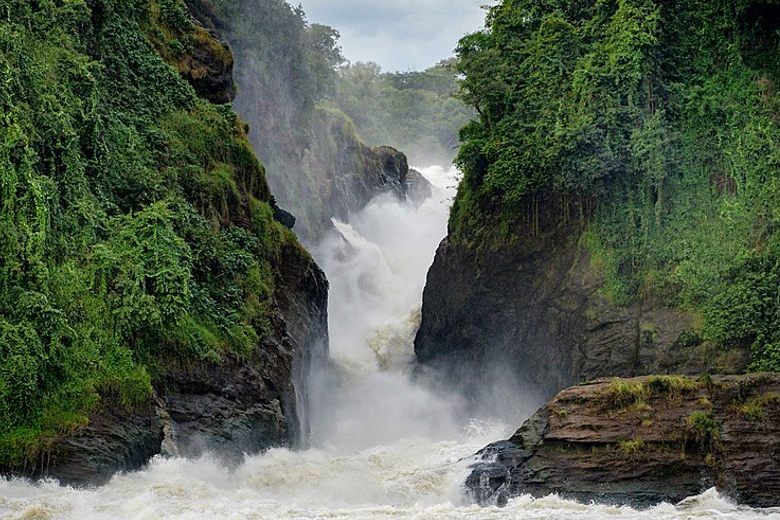- +256784 789336
- info@africanscenicbeautysafaris.com
- Kampala, Uganda
3 Days Murchison Falls Safari
With African Scenic Beauty Safaris Discover the best of Uganda’s wildlife and nature in just three days! This adventure takes you to the stunning Murchison Falls National Park Uganda’s largest and most dramatic park. Enjoy thrilling game drives, a scenic boat cruise on the Nile, and a visit to Ziwa Rhino Sanctuary for an up-close…
From Free


